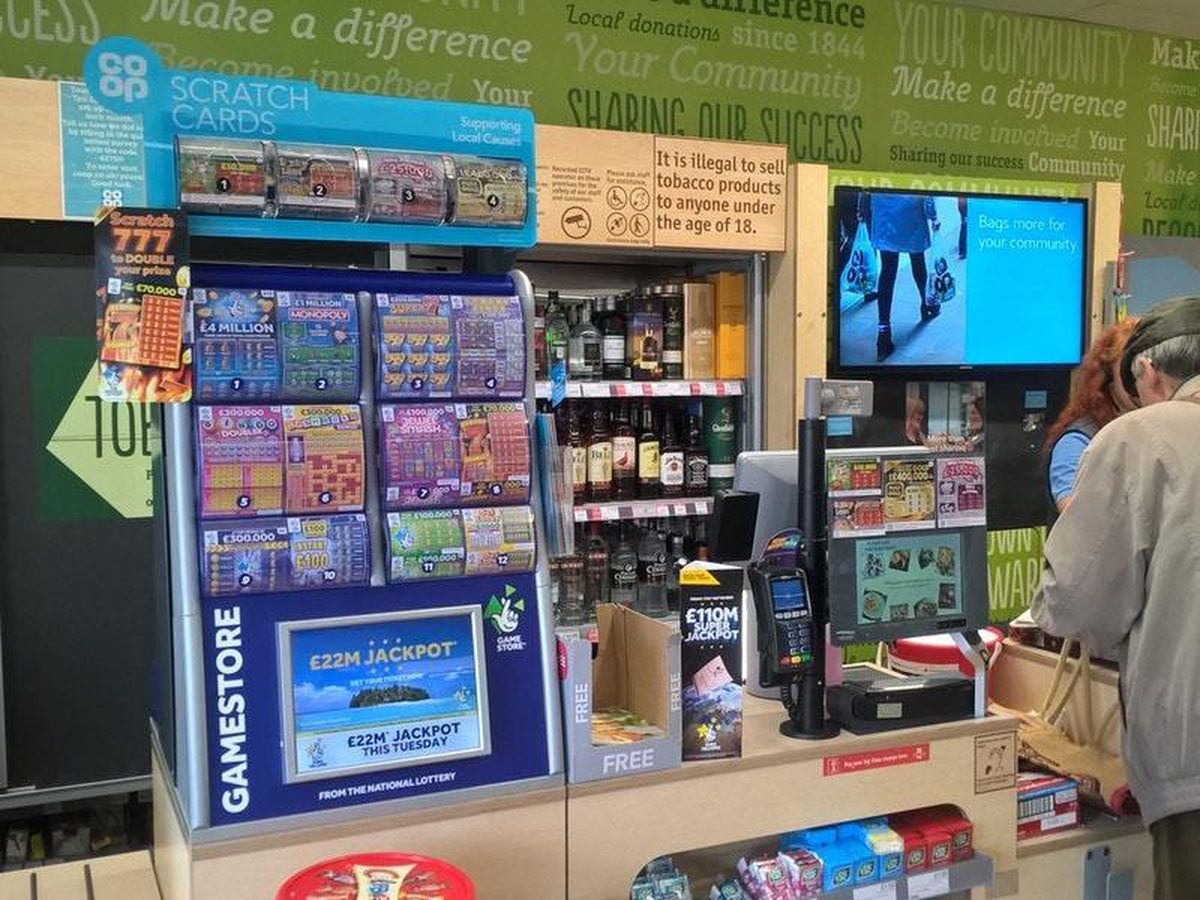UK National Lottery Contract Given To Allywn Entertainment, Camelot Out
Posted on: March 15, 2022, 05:17h.
Last updated on: March 15, 2022, 05:31h.
Camelot, the company that has operated the UK’s National Lottery since its inception 28 years ago, has lost out on the next license in a rebidding process. On Tuesday, the UK Gambling Commission (UKGC) named Allwyn Entertainment as its preferred bidder for what is one of Britain’s most lucrative public sector contracts.

Analysts estimate the lottery could generate as much as £80 billion (US$108 billion) during the next ten-year licensing tenure.
The decision effectively hands the contract to Allwyn from 2024. The company is a UK subsidiary of Czech group Sazka, Europe’s largest lottery operator. Sazka is owned by Czech oil and gas tycoon Karel Komarek.
In the event of an unforeseen problem with the Sazka bid, Camelot would get second dibs on the contract as the UKGC’s “reserve applicant.”
Four bidders took part in a highly secretive tender process in which the specific details of each application were kept confidential. That was to ensure a “fair, open, and robust competition,” according to the gambling commission.
Media Misinformation
Allwyn’s success is surprising in light of a report in The Daily Telegraph last month that claimed Camelot was the UKGC’s preferred bidder and was expected to retain its license. The UKGC subsequently told cgqmltxe.shop this report was false.
The Allwyn bid was clearly helped by a pledge to donate £38 billion (US$50 billion) to good causes over the next decade. Camelot raised £45 billion (US$59 billion) in 28 years.
There have been murmurings of discontent in the UK press that too much of Camelot’s profits were being siphoned into a pension pot for Canadian senior citizens, rather than towards good causes in the UK. The company has been wholly owned by the Ontario Teachers’ Pension Plan since a 2010 acquisition.
In a statement, Allwyn said its bid had won because it was the “best way of growing returns to good causes by revitalizing the National Lottery in a safe and sustainable way.”
It promised to “breath fresh life into the National Lottery.”
Potential changes to the lottery format suggested by Allwyn include reducing ticket prices from £2 (US$2.60) to £1 (us$1.30), and having two draws on one night.
Loser Lawsuits
The winning bid was chosen by the UKGC based on a “scorecard” process, where each bidder was marked on every aspect of their proposal. This was to ensure fairness, but also to deflect loser lawsuits, which have occurred after previous rebidding processes.
Camelot chief executive Nigel Railton said he was “incredibly disappointed” by today’s announcement, and was “carefully reviewing the Gambling Commission’s evaluation before deciding on our next steps.”
Camelot was disqualified from the 2000 bidding process after it was found to have miscalculated winnings, and the UKGC handed the contract to Richard Branson’s Virgin by default. The company successfully sued in the High Court and was controversially again awarded the contract.
Related News Articles
Top Chinese Lottery Officials Paraded After Possible $20 Billion Embezzlement
Nebraska Lottery Won’t Pay Out on 405 Misprinted Scratch-Off Tickets
Powerball Continues to Dodge Players, Jackpot Grows to $900M
Most Popular
Genovese Capo Sentenced for Illegal Gambling on Long Island
VEGAS MYTHS RE-BUSTED: The Strip is the Brightest Place on Earth
UPDATE: Former Resorts World & MGM Grand Prez Loses Gaming License
Jackpot News Roundup: Two Major Holiday Wins at California’s Sky River Casino
VEGAS MYTHS RE-BUSTED: The Traveling Welcome to Las Vegas Sign
Most Commented
-
UPDATE: Whiskey Pete’s Casino Near Las Vegas Closes
— December 20, 2024 — 33 Comments -
Zillow: Town Outside Las Vegas Named the Most Popular Retirement City in 2024
— December 26, 2024 — 24 Comments -
Caesars Virginia in Danville Now Accepting Hotel Room Reservations
— November 27, 2024 — 9 Comments -
UPDATE: Former Resorts World & MGM Grand Prez Loses Gaming License
— December 19, 2024 — 8 Comments
















Last Comment ( 1 )
I’m glad a new company is taking over the lottery . Things might be run for the good of the players for a change . . Not before time